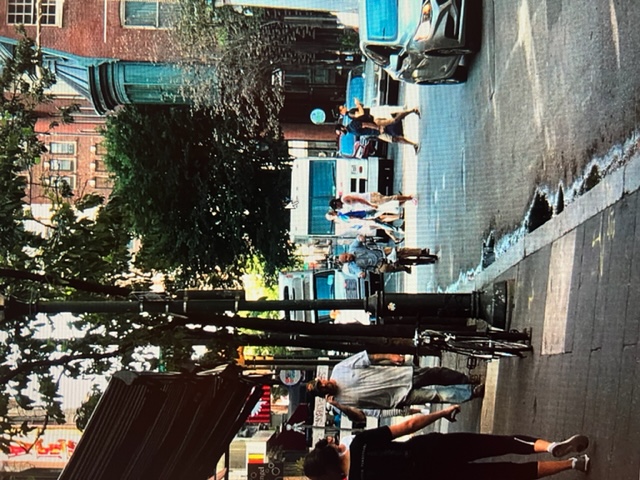We can combine compassion with common sense. Government can provide
shelter and services to those in need AND protect the public's health,
safety, and welfare. But, that will require involuntary commitment in
certain
cases. For it is not compassionate to allow crime to go
unchecked and for people, many who are mentally disabled, to live on the streets.
It is unsafe,
unkind, and uncivilized for all concerned. We can put an end to this chaotic and illegal
situation, but it requires action on your part.
Cliff and Lynn Landes,
Founders

